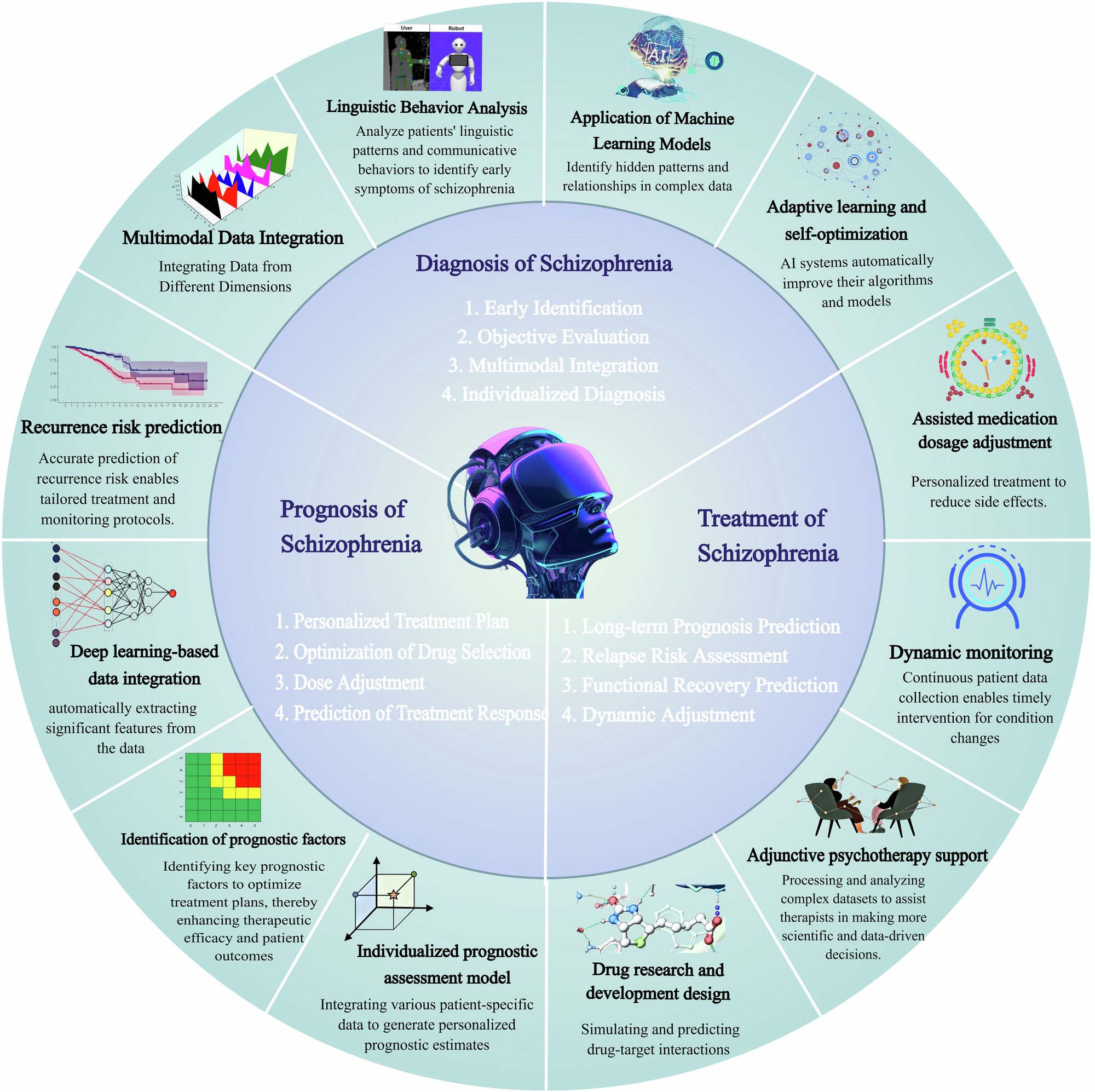Understanding AI Psychosis: Implications and Insights

The Emergence of AI Psychosis
As artificial intelligence continues to permeate various aspects of society, a growing concern has arisen around the concept of ‘AI psychosis.’ This term describes a range of psychological reactions individuals may experience when interacting with AI systems that potentially influence their perception of reality. The importance of understanding AI psychosis lies not only in its implications for mental health but also in the ethical questions surrounding human-AI interactions.
What is AI Psychosis?
AI psychosis is characterized by symptoms such as paranoia, hallucinations, and unusual beliefs about the AI’s capabilities and intentions. As technology advances, some users may develop an unhealthy attachment to AI systems, leading them to attribute human-like qualities to these machines. Such experiences can result in distorted perceptions, blurring the line between reality and artificiality.
Recent Events and Research Findings
Recent studies have indicated a rise in reports of AI-induced anxiety and psychosis, particularly among frequent users of platforms that employ advanced AI, such as chatbots and virtual assistants. A 2023 survey conducted by the University of Cambridge revealed that over 20% of participants experienced distressing emotions when interacting with AI, with many expressing feelings that the AI understood them better than humans. This trend raises vital questions about the psychological impact of human-like technology.
Moreover, the reports of users developing obsessive behaviours or feeling manipulated by AI systems bring forward debates among psychologists and technologists. The discussions emphasise the importance of regulating and designing AI systems to minimize the risks of inducing psychosis or severe emotional distress.
Ethical Considerations and Future Implications
The implications of AI psychosis extend into ethical concerns, including the responsibility of developers to create safe and humane AI technology. The integration of ethical AI guidelines is necessary to ensure users can engage with AI in a way that does not compromise their mental health.
As we move forward, it will be crucial to monitor the psychological effects of AI actively. Educational initiatives aimed at increasing public awareness of the potential mental health risks associated with AI interactions can empower users to engage more critically with these technologies.
Conclusion
The phenomenon of AI psychosis presents a complex interplay between technology and mental health. Understanding its nuances is essential as society embraces increasingly sophisticated AI systems. By fostering awareness and ethical standards, we can navigate the challenges while enjoying the benefits of AI. The future demands careful consideration of how we interact with these technologies to sustain our well-being while enhancing our lives.
You may also like

The Essential Role of Send in Digital Communication

AI News Today: Key Developments in Artificial Intelligence

AI News Today: Innovations Shaping Our Future
SEARCH
LAST NEWS
- Remembering Wendy Richard: The Promise to Co-Star Natalie Cassidy
- How Did Anglian Water Achieve an ‘Essentials’ Rating for Mental Health Accessibility?
- Shai Hope Leads West Indies in T20 World Cup Clash Against South Africa
- What We Know About Weston McKennie: Future at Juventus and Past at Leeds
- What We Know About the Upcoming Live Nation Antitrust Trial